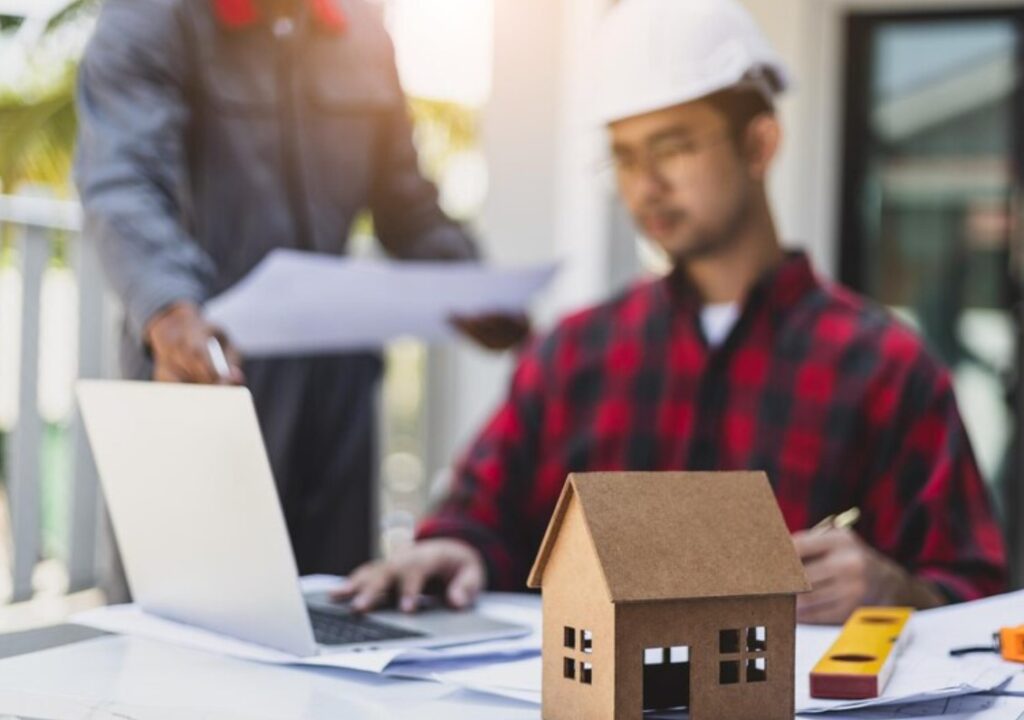Over recent years, investing in pre-construction homes has gained popularity among aspiring property owners. Such houses can be bought before they are fully built, allowing you to add features and potentially benefit from price appreciation once the house is completed. However, suppose you’re considering buying one of these homes; understanding the intricacies of pre-construction purchases to make an informed decision that aligns with your financial and lifestyle goals. This guide will provide all the critical information needed before investing in pre-construction homes.
Perks of Purchasing Pre-Construction
One of the most significant benefits is that you design and customise your home with your choice of finishes. This allows homebuyers to choose their finishes and appliances and, in some cases, modify floor plans to fit the new build into their lifestyle. Financially, buying at the pre-construction stage can favour investors, as developers frequently offer lower prices for those who commit early and pay before development starts, using this capital to fund the project. You could buy below the price it will be worth at completion. New construction homes are also usually built with more modern designs, energy-efficient features, and up-to-date building codes, which result in lower maintenance and utility costs over time.
Finances Involved
Regarding pre-construction homes, there will be financial consequences for making such a decision. When purchasing pre-construction properties, payments are not typically structured like buying an existing home, where a deposit is made with a more significant amount due later. Homes that are pre-constructed often require an initial deposit structure that is quite expensive. Therefore, it’s essential to secure financing according to these payment schedules. Lastly, know the costs of the new build (consider closing costs; upgrades may cost you). Budgeting between 2.5% – 3% for most buyers would be a good idea. Contacting a financial advisor or mortgage specialist with experience in pre-construction purchases will help you navigate these complexities and ensure the investment fits your budget.
Legal Aspects and Contracts
In a pre-construction purchase, a legal contract spells out all the terms and conditions of the sale. It concerns the construction timeline, payment schedule, property specifications, and what happens when things are delayed or changed. This agreement must be reviewed, and you should have an experienced real estate attorney who is well-versed in pre-construction contracts to take a look. Know your rights and what you agree to in the contract, as this can prevent the requirement for unexpected expenditures or drastic design changes of the property without being informed. Understanding the legal dimensions helps to protect you better for the rest of your legal process of buying.
Potential Risks and Safeguards
That is not to say there are no downsides, as risks come with buying new construction homes, and potential homeowners should be aware of them. Delays happen in any construction project due to bad weather, labour shortages, or new regulations. The property’s value may differ because market conditions have changed or been conversely determined by storms, earthquakes, or other natural disasters. To tackle these risks, dig into the developer’s details and ask how good they are at delivering a project within time and cost. Protective clauses added to your contract that deal with delays and provide solutions in these circumstances also help bring some safety. You should regularly stay informed and communicate openly with the developer to avoid false expectations and minimize surprises.
Tips For A Successful Purchase
Successfully purchasing pre-construction homes is primarily about preparation and due diligence. First, you should research and hire a developer with positive feedback. Look for someone who has completed several projects. Check out any other developments they have made to get a feel for the quality and speak with previous buyers. Document every communication or document associated with the purchase. It will also help you know about the local real estate market, which can always give a context for your investments. While having a financial goal in mind is essential, be realistic about timelines and stay flexible with your plan. Professionals such as realtors, lawyers, and financial advisors with pre-construction home experience will engage better.
Conclusion
Buying new construction homes is an incredible chance to purchase the right property for you at an affordable price, hoping to make a profit and enjoy being the first one in this house. However, you must ensure that you do it with complete information and knowledge about how to proceed. Given the differences between purchasing a pre-construction home and an existing one, you need to know what the former involves regarding financial matters, contracts with legal implications, associated risks, and prevailing trends in the marketplace where your property is located. Wrapping up by hiring professional services and keeping an open line of communication with the developer could make this journey even more rewarding, ensuring your investment in this new building property is successful and satisfying.
